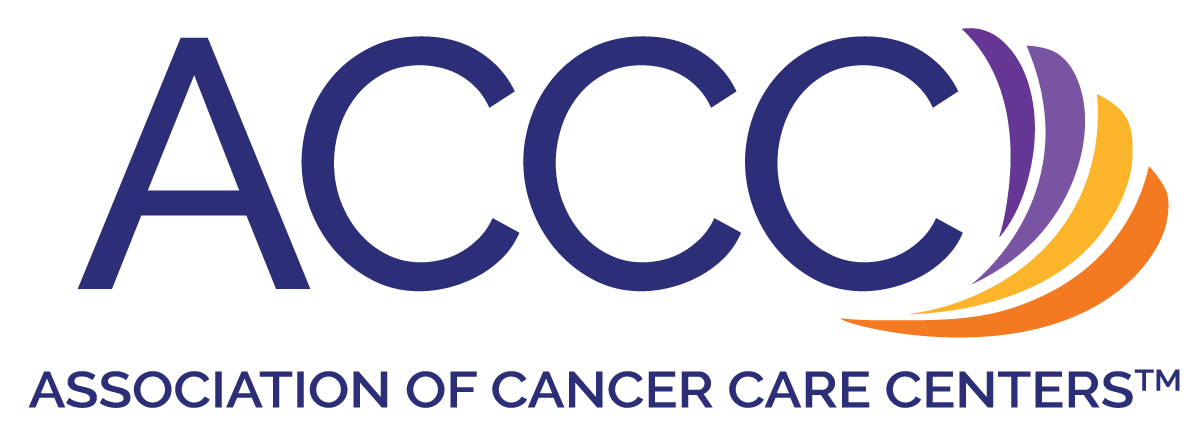
Oncology Pipeline Growth Calls for More Pharmacy Specialization, Education

During the American Society of Clinical Oncology Annual Meeting in Chicago, IL, Ali McBride, PharmD, BCOP, president of the Association of Community Cancer Centers, discusses how growth in the oncology space will affect how pharmacists practice.
During the American Society of Clinical Oncology Annual Meeting in Chicago, IL, Ali McBride, PharmD, BCOP, president of the Association of Community Cancer Centers (ACCC), discusses how growth in the oncology space will affect how pharmacists practice.
Transcript
We’re seeing a lot of growth in oncology, right. We continue to see a rising number of FDA-approved therapies popping up. With that, that also means we have to be more specialized. So we’re seeing a lot more specialization just in the oncology arena for those therapies. So there’s a lot of training and education that needs to take place. We’ve talked about how ACCC has worked extensively on this training, they continue to work on this as well. And that’s a huge area of development is the fact that we’re going to see more and more disease state, more and more immunotherapy, more and more side effect profiles in the oncology arena. But also, this will lead to the development of more specialty-based practices. So with a large number, over 25% of these new agents coming out as oral, we have to address how those drugs are given, where they’re given, are they monitored. A huge area again is adherence. You know, it’s an old discussion for orals. In fact, we know that adherence based on the ADAGIO trial, which was looking at imatinib initially, showed that certain outcomes were less. The patients weren’t taking the drug on time or weren’t taking at a certain percentage. As these new therapies come up, will that also embark on our discussion of how those patients will have outcomes. But more importantly, as we kind of broached upon with OCM [Oncology Care Model] with ACCC, if we have patients doing poorly and those patients actually have poor outcomes, they’ll be coming to the clinic more often. That will actually increase our expenditures which will then be addressed with OCM metrics as well. So making sure these new drugs, which are oral, have adherence measures will be very important in the years to come in addition to them. Other areas which will also be important will be new drug therapies and infusion therapies, but also the most important will be the combination: IV and orals. That’s really going to be a very big discussion in the near future.
Newsletter
Stay informed on drug updates, treatment guidelines, and pharmacy practice trends—subscribe to Pharmacy Times for weekly clinical insights.


























